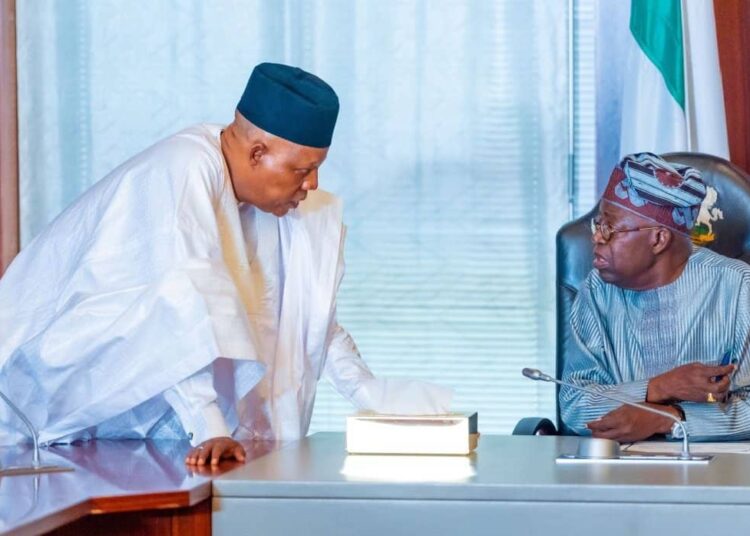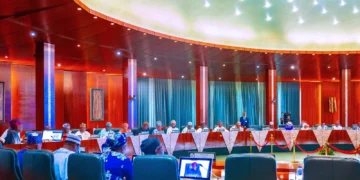According to an unwritten power-sharing agreement, the next President of Nigeria is expected to come from the North, preferably a northern Muslim. However, the North has demonstrated political maturity by voting for a southerner over a northerner in the past. It’s possible they might vote for a northern Christian in the future.
Given this context, it’s clear that aside from Asiwaju, northern political heavyweights won’t support a southern president in 2027. A new southern president would prioritise their ambitions, potentially pushing the North’s aspirations further away. Any southern candidate promising a single term wouldn’t be trusted by northern heavyweights, given President Goodluck Jonathan’s experience.
Jonathan was supposed to complete late President Yar’Adua’s first term and make way for a northern candidate. However, he went against the unwritten agreement and contested for Yar’Adua’s second term, and even sought a second term for himself. It took Muhammadu Buhari’s resurrection to defeat Jonathan, which is unlikely to happen again soon.
Looking southwards, there’s hardly a southern candidate who can defeat Asiwaju Bola Tinubu. Even Peter Obi’s candidacy is uncertain, given the North’s scepticism. Looking northwards, there’s no clear candidate who can defeat an incumbent Peter Obi if he decides not to honour the one-term agreement.
More southern governors are supporting Asiwaju, with three South-South governors defecting to the APC. The coalition’s preferred candidate, Atiku, is a serial aspirant whose ambitions have fragmented the PDP. It’s likely he’ll seek the coalition ticket, which might not favor their quest for power due to southern resistance. As Datti Ahmed said, “Nigeria must be put first” if the coalition is to succeed. Atiku could have put his ambition aside to support a more acceptable candidate.
The coalition comprises political herdsmen with differing ambitions, which will lead to further fragmentation. The SDP’s experience, where a presidential candidate refused to step down, shows that the coalition’s stability is uncertain. The ADC, the coalition’s current platform, has its own troubles, including unresolved court cases.
Kachikwu, the ADC’s 2023 presidential candidate, has already bid the coalition farewell, saying they’ll soon seek a new party to execute their agenda. The coalition’s true intention is not about Nigeria’s growth and development but about the political and economic stability of its members. These leaders have a history of political patronage and haven’t left lasting legacies.
The 2015 APC merger is different from the ADC coalition. The APC was a new party that was formed from legacy parties, with a unifying rally behind Buhari’s candidacy. The ADC has multiple candidates and lacks cohesion. Without Tinubu, Buhari might not have made it in 2015.
The APC has a kingmaker in Tinubu, who built institutions and midwifed the party. The ADC is a temporary shelter for displaced politicians with no clear destination. The APC’s “Emilokan Movement” has become a broad “Awalokan Phenomenon” that’s tough to beat. The ADC, for now, is a short-lived “dramedy.”





